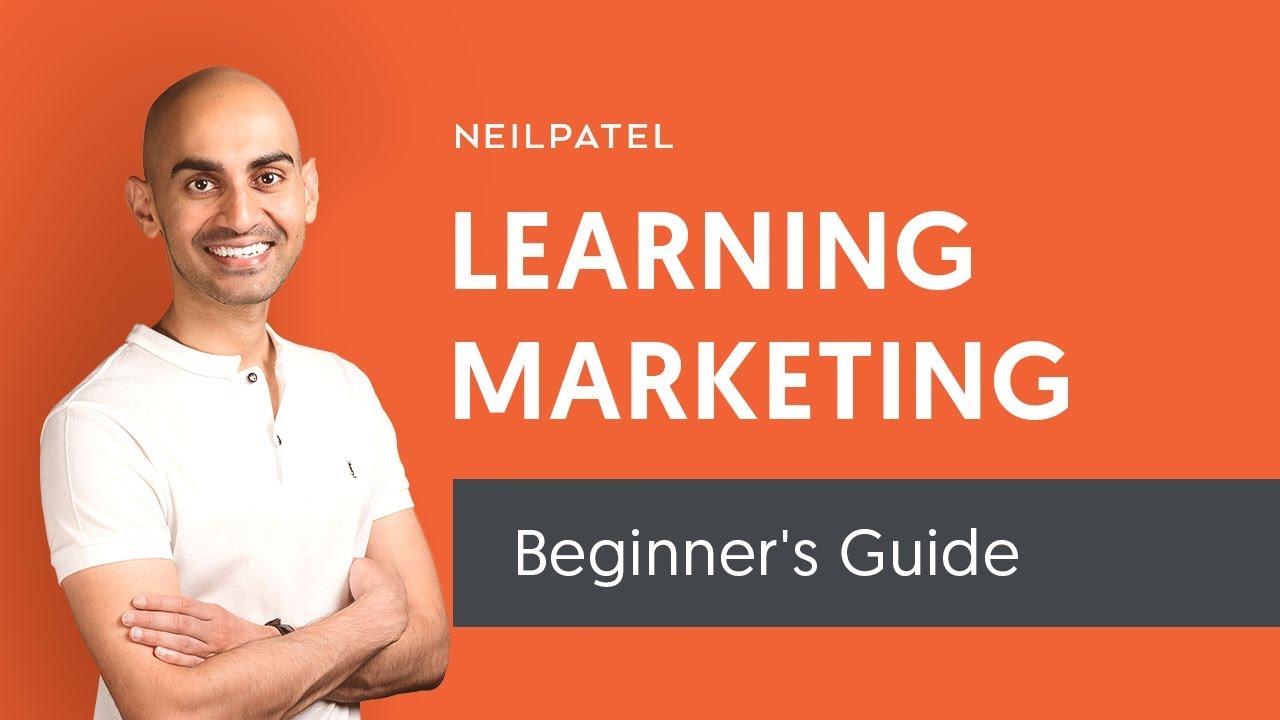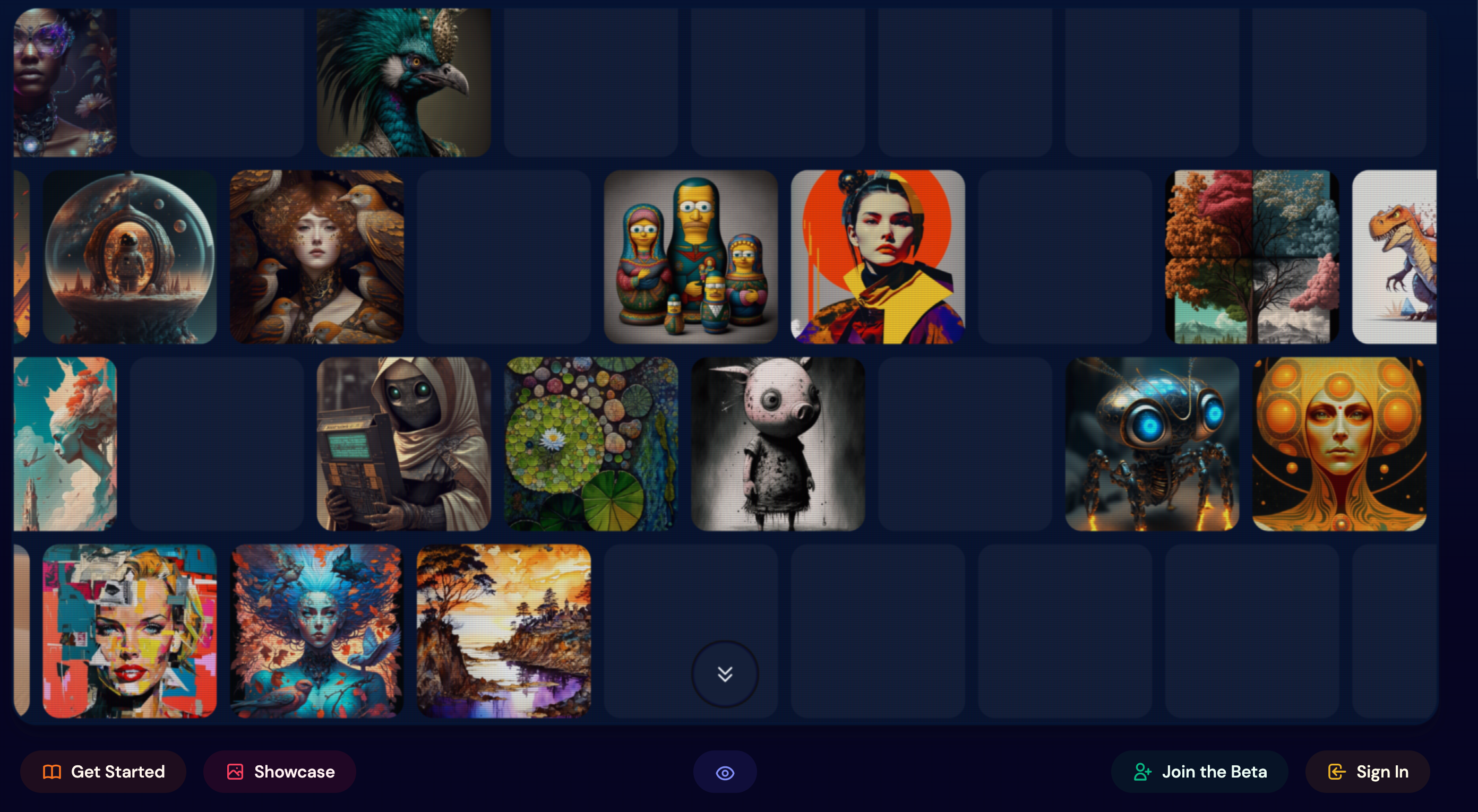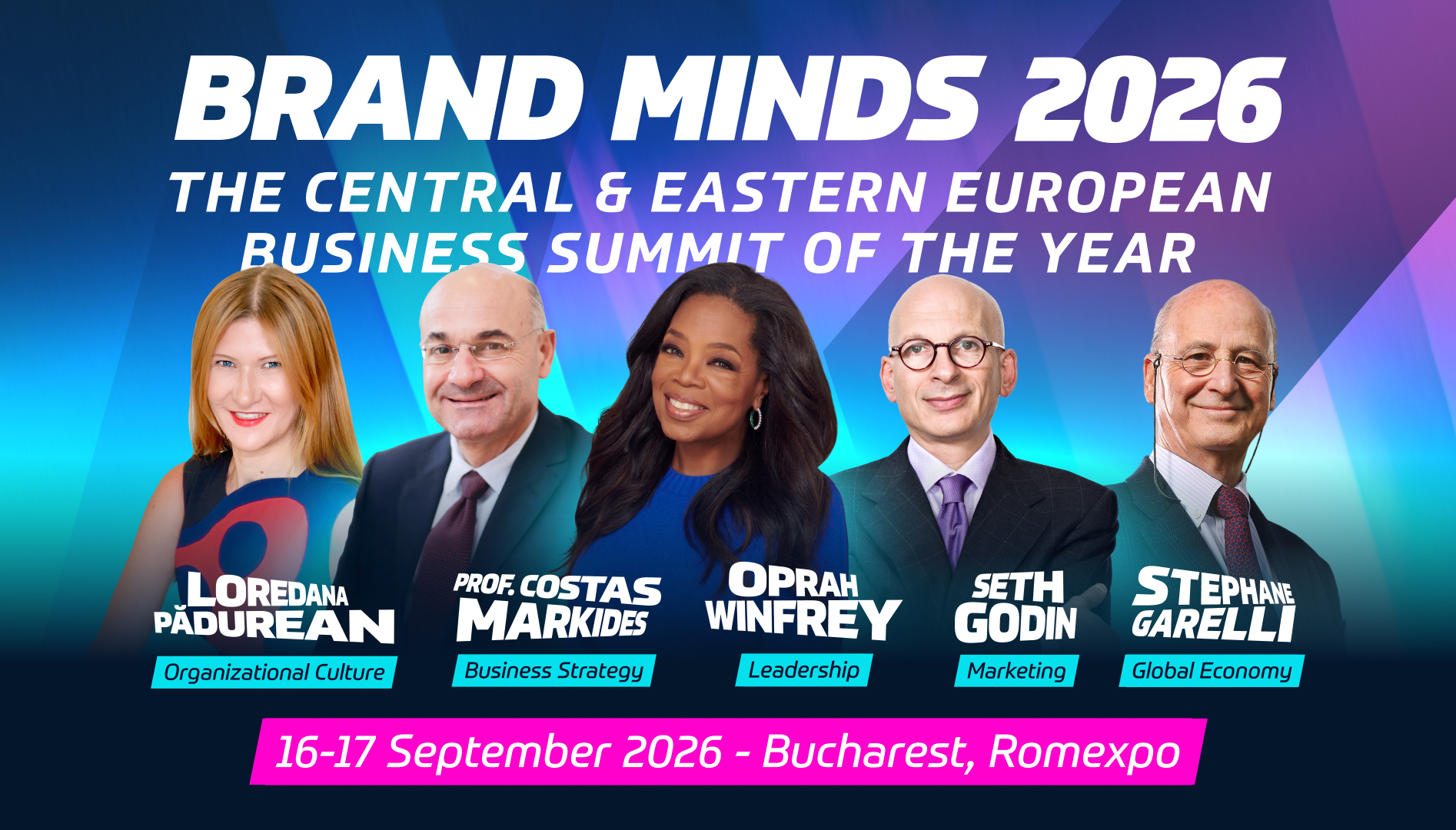The marcomm industry is one of the fastest changing industry in the world, highly connected to the technology revolution and consumers. In order to always be there for their clients (the consumers),understand them and offer them the best brands’ positioning,strategy and creative thinking, marketers must always be up-to-date with everything that represents a hot trend for their target, with the technology they use and how they position themselves towards them. The exponential rate of technological change impacting marketers means that they need to always be learning. To remain agile, individuals and organisations need to consider change a permanent factor. There is a strong and circular relationship between talent, training and performance.
According to Econsultancy, 14% of marketers indicate that the Head of Marketing
is responsible for the Learning & Development (L&D) of marketers, 67 % of marketers say they approach professional development on an ad-hoc basis, while 27 % of marketers say that their organisation has a well-considered strategy for learning and development. “Because marketing evolves so fast, CMOs should be responsible for managing the learning and development of their marketing colleagues. If the CMO is responsible for marketing performance, then she or he should ideally have control over the quality of marketing training,” wrote Econsultancy in its report.
Moreover, developing a knowledge of how the brain works can make you a more effective marketer. Understanding consumer psychology for marketers can be like flipping the brain’s switch, casting light on methods and strategies that can help in the promotion, advertising, and revenue of your business, brand, products and services.
“Classical conditioning as a learning theory can be used by marketers to help craft an image for their product that will elicit the desired response from consumers. Marketers work to implement this learning behavior by helping to foster associations between a particular image, thought, or idea that consumers will grow to recognize and associate with their brand. Operant conditioning functions on the premise that people learn by reinforcement. The theory is based on the idea that when individuals are subjected to the consequences of their actions or decisions, they tend to learn to do it again (if positive) or cease (if negative). With operant conditioning, marketers create a reward-based system that consumers learn to recognize and want to repeat. For example, a buying system that awards points for future purchases when you spend $10 or more. By reaping a reward, consumers will be more likely to make a purchase and continue purchasing,” wrote study.com.





















